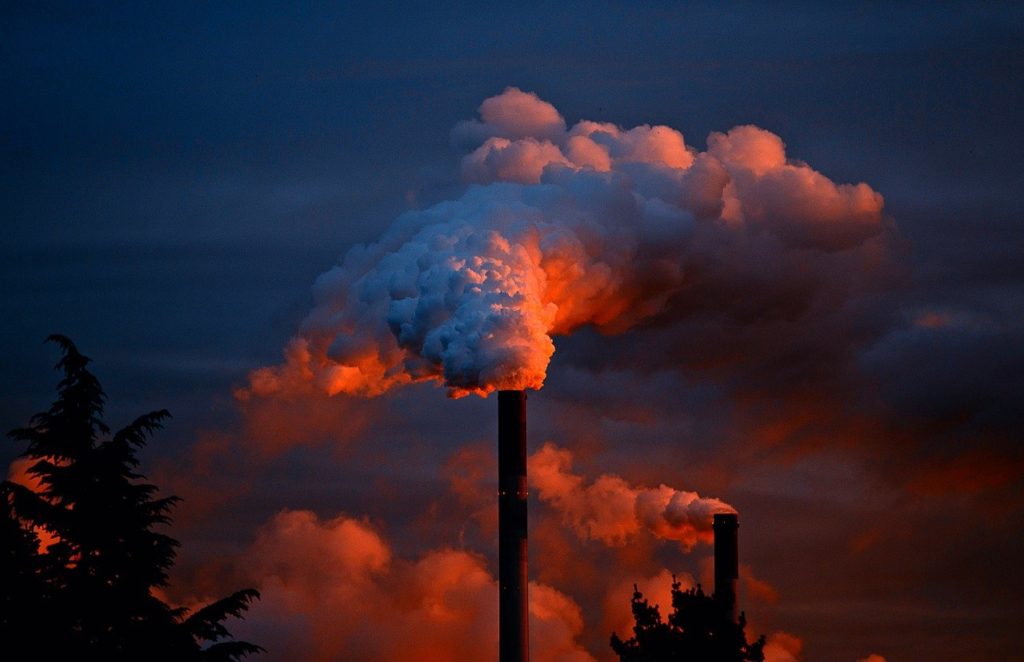The history of the UK’s chemical industry has deep roots in the past. The country continues to play a major role in the modern global chemical industry. The chemical and petrochemical industry is one of the largest in the UK and plays an essential role in the national economy. The chemical sector in the country majorly contributes to the European chemical market. The country’s chemical market contributed over 6% to the European Union’s total chemical revenue in the year 2018. In 2019, the British chemical industry generated a total sale of USD 70.336 billion with GVA (gross value added) of USD 24.576 billion.The UK is also the world leader in the production of pharmaceuticals. The value chain for UK’s chemical industry extends to various sectors, including aerospace, home care, personal care, and automotive sectors. In 2018, chemical production grew by 1%, and pharmaceutical production increased by nearly 3%. Both these sectors have struggled due to strict environmental guidelines imposed within UK. The chemical industry in the country comprises almost 70% foreign companies.
The chemical industry inthe United Kingdom produces commodity chemicals, petrochemicals, agrochemicals, etc. Specialty chemicals, catalysts, fuel additives, etc. are also manufactured in the country.
The UK’s chemical industry is also closely connected with the production of plastic goods and rubber. This sector had a total sale of around USD 28.91 billion with a GVA of USD 10.148 billion in the year 2018. There are nearly 3,608 chemical companies in the UK. The chemical companies generate direct employment for around 153,000 people. Almost 500,000 people are a part of the chemical sector in the country.
Leading chemical sites
The chemical manufacturing sites are spread across the entire country. The Northwest part of England is the leading chemical producer, followed by Scotland, Northeast England, and the Humber areas. The northwest part of England’s chemical industry is worth nearly USD 11.8 billion as of 2018. Southeast England and Scotland are growing in importance due to the various businesses located in that region. Commodity chemicals are mainly manufactured in Northern England and Scotland. The locations often depend on the easy availability of feedstocks. The feedstocks include hydrocarbons, including refined petroleum fractions and gas, minerals, as well as animal-derived fats in addition to oils. Pharmaceuticals and specialty chemicals are widely distributed throughout the country. Pharmaceutical research and development have increased in the southeast and eastern parts of England, near some renowned universities like Cambridge and Oxford.
The chemical industry in the United Kingdom accounts for a major trade segment in terms of the EXIM data. The country exports nearly 31% of what it produces to other countries. The chemical producing regions have access to well-established ports. These companies enjoy many benefits from the ethylene pipeline network established within this region. The liquified natural gas re-gasification terminals complement the natural gas supplies from the North Sea and parts of Europe.
Important chemical companies
Tata Chemicals Europe is one of Europe’s leading chemical manufacturers. The group produces sodium carbonate, sodium bicarbonate, and salt along with several other products. Tata Chemical Europe is a subsidiary of Tata Chemicals Limited, a part of the Indian-based Tata Group. This company is the UK’s sole producer of sodium bicarbonate and soda ash. The soda ash produced is widely used in the manufacture of detergents, glass, and chemicals along with several other products. Sodium bicarbonate produced has applications ranging from pharmaceuticals, food and animal feed, flue gas treatments to personal care products and detergents.
Royal Dutch Shell is the fifth largest multinational oil and gas company. It has expertise in the production, refining, exploration, manufacturing, and marketing of chemicals. The operations of this company are divided into various businesses: upstream, downstream, integrated gas, and new energies. Royal Dutch Shell markets and transports oil and gas along with operating the necessary infrastructure to deliver them to the market.
INEOS is one of the leading chemical companies in the United Kingdom with a sale of around USD 16 billion. Their area of expertise includes petrochemicals, oil, gas, and consumer products. They produce petrochemicals including solvents, pigments, sulfur chemicals, aromatics, nitriles, etc.
Synthomer is one of the world’s major supplier of aqueous polymers. They have around 38 production sites with nearly 4750 employees. Victrex is a world leader in the production of high-performance polymers. These polymers have applications in the aerospace, automotive, energy, medical, and electronics sector.
Advantages to the chemical industry
The British chemical industry has been booming in the past decade. The country has a good ethane manufacturing as well as import infrastructure that supports the growth. The presence of ethylene plants further augments the growth of this market segment. Moreover, there are three ethane crackers in the country which enable ethane to be used as a feedstock. The UK has several closely integrated chemical clusters and an extensive ethylene pipeline network. The rise in connectivity aids logitical cost associated parameters. The country has high resource efficiency. The UK also has strong export relations to various geographically diverse markets.

